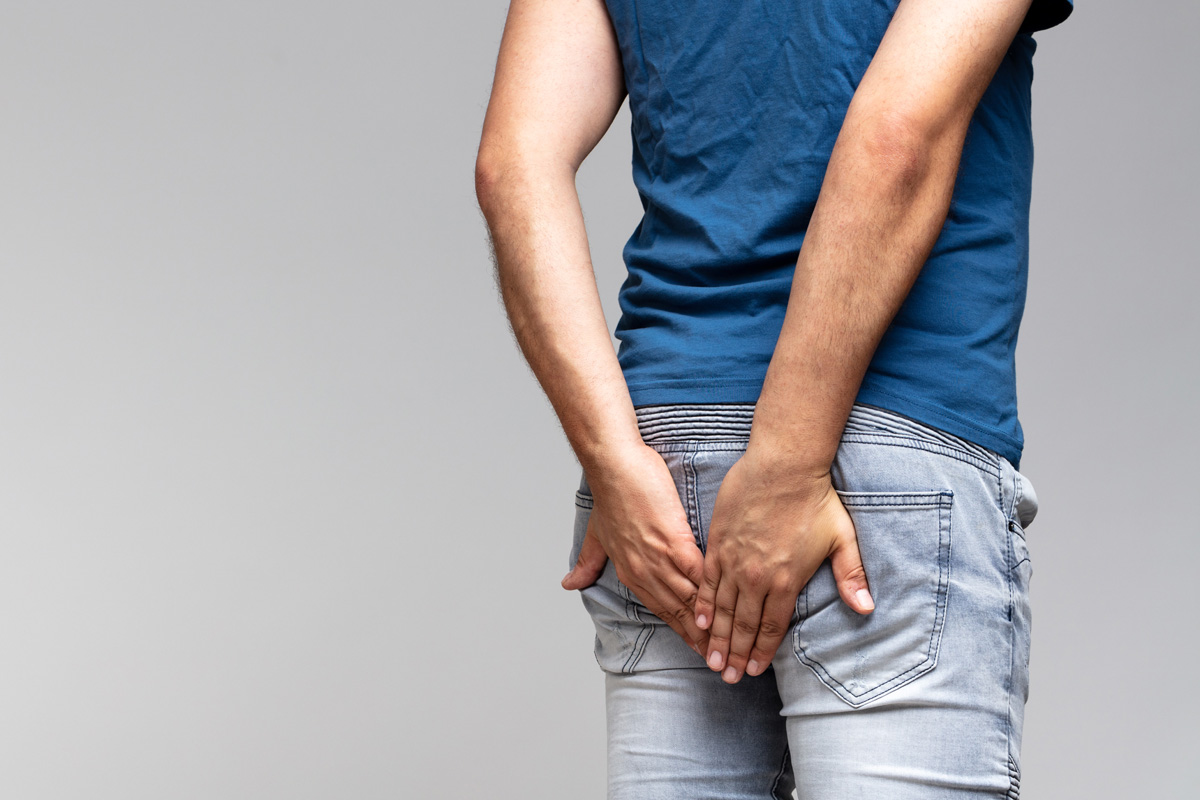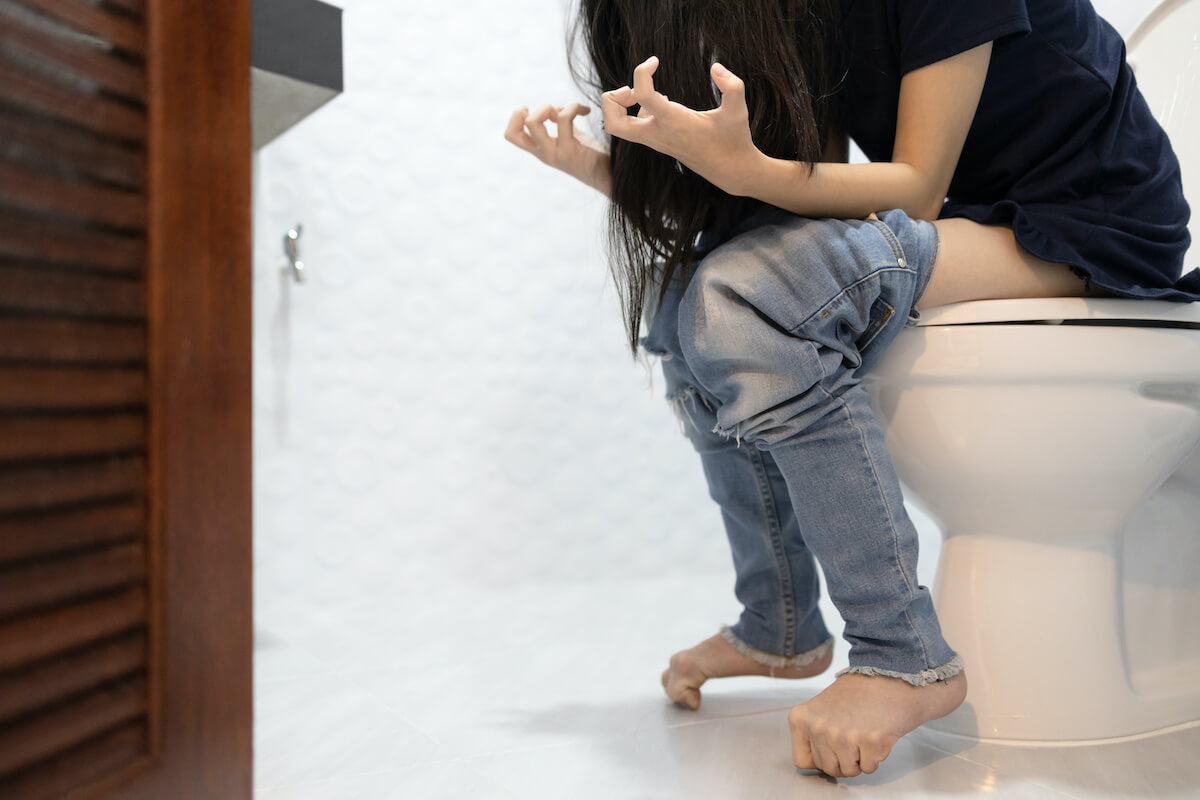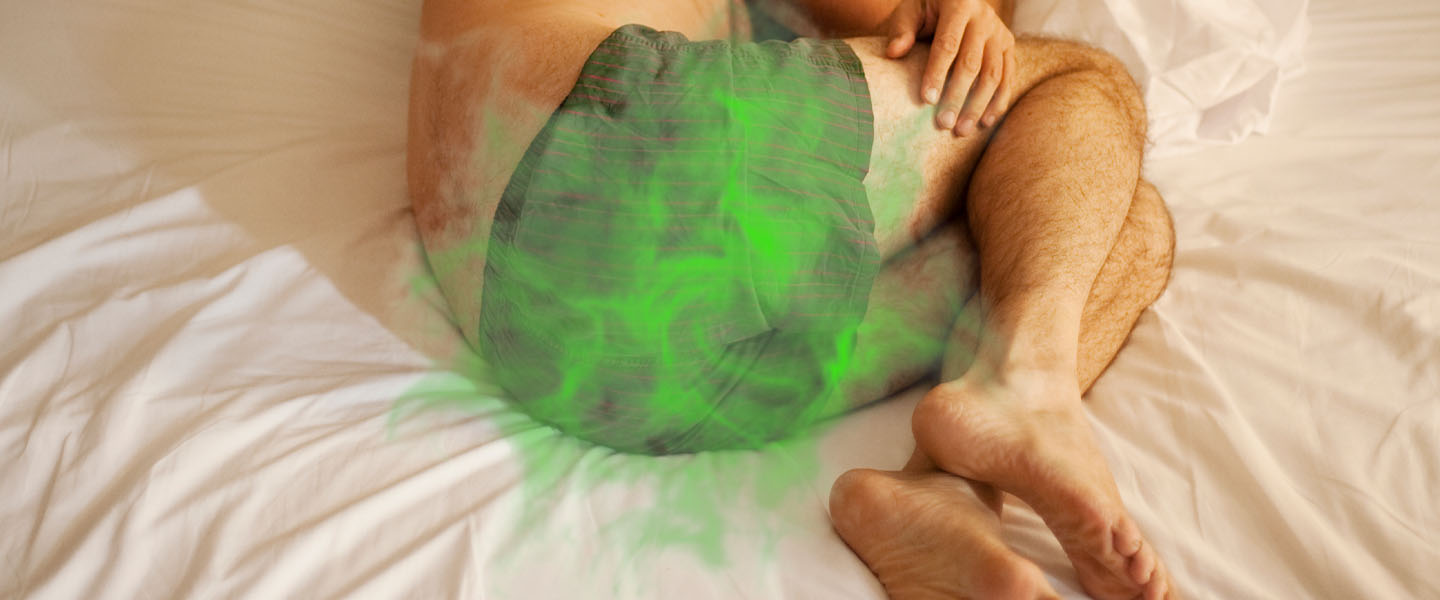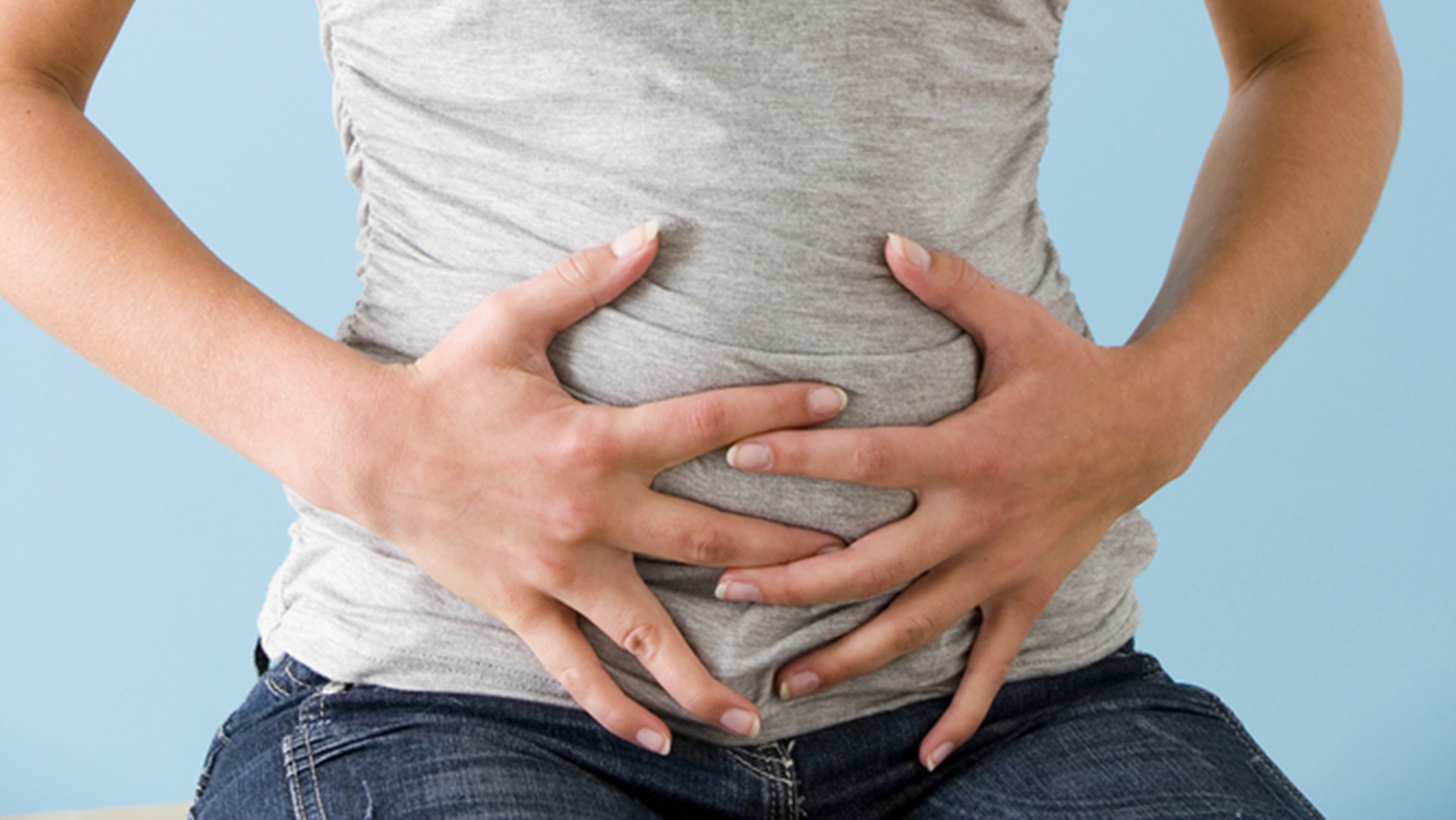

FAQs
Why Do I Fart When I Stand Up From Sitting
Modified: September 23, 2023
Discover why you experience flatulence when transitioning from a seated to standing position. General questions answered by experts.
(Many of the links in this article redirect to a specific reviewed product. Your purchase of these products through affiliate links helps to generate commission for Under-tec.com, at no extra cost. Learn more)
Table of Contents
Introduction
Have you ever experienced the embarrassing and often humorous situation of farting when you stand up from sitting? It may have happened to you at the most inconvenient times, causing feelings of embarrassment and the urge to quickly find an exit strategy. But have you ever wondered why this happens?
Believe it or not, farting is a natural bodily function that everyone experiences. It’s a result of the digestive process and the gases that are produced as a byproduct. While it’s normal and healthy to pass gas, the timing of when it happens can sometimes catch us off guard.
In this article, we will delve into the science behind farting, specifically focusing on why it tends to occur when we stand up from sitting. We will explore the physical changes that happen in our bodies during this transition, as well as the factors that contribute to increased flatulence in this particular scenario. Additionally, we will provide some tips on how to reduce farting when standing up, helping you navigate potentially embarrassing situations with ease.
So, whether you’re simply curious about the phenomenon of farting when standing up or looking for ways to minimize the occurrence, this article will shed light on the subject and equip you with the knowledge you need to tackle it head-on.
The Science Behind Farting
Farting, or flatulence, is a natural bodily function that occurs when gas builds up in the digestive system and is released through the rectum. The process of farting is a result of the complex interactions between the food we eat, the digestion process, and the bacteria in our gastrointestinal tract.
When we eat, our bodies break down the food into smaller molecules through the process of digestion. This process produces gases like nitrogen, oxygen, carbon dioxide, hydrogen, and methane as byproducts. These gases travel through the digestive tract and eventually accumulate in the large intestine.
The large intestine is home to trillions of bacteria, collectively called the gut microbiota. These bacteria help in the breakdown of undigested food particles and produce additional gases as a byproduct of their metabolic processes. The gases produced by both the digestive process and the gut bacteria eventually need to be expelled from the body.
When we pass gas, it is usually a combination of the gases mentioned above, with the exact composition varying from person to person. The odor of flatulence can vary as well, depending on the type and quantity of gases, as well as the presence of sulfur compounds.
The frequency and volume of farting can vary widely among individuals. Factors such as diet, gut health, and the presence of underlying medical conditions can all influence the amount of gas produced and the frequency of flatulence.
Overall, farting is a normal and necessary bodily function that helps release built-up gas in the digestive system. While it may be perceived as embarrassing in certain social situations, it is important to remember that it is a natural part of being human.
The Impact of Sitting on Flatulence
Sitting for extended periods of time can have a significant impact on our digestive system and can contribute to increased flatulence. When we sit, especially in a slouched or hunched position, it can cause our digestive organs to compress, leading to a slower and less efficient digestion process.
One of the key reasons for increased flatulence when sitting is decreased physical activity. When we sit for long periods, we tend to be less active, which can slow down digestion and lead to the build-up of gas in the digestive system. Additionally, sitting in a stationary position can cause a decrease in muscle activity in the abdominal area, including the muscles surrounding the intestines. This reduced muscle activity can lead to slower movement of food through the digestive tract, resulting in increased gas production.
Furthermore, sitting for prolonged periods can also lead to poor posture, which can affect our ability to properly expel gas. Slouching or hunching can cause a misalignment of the muscles and organs involved in digestion, making it more difficult for gas to pass through the digestive system and be released.
In addition to decreased physical activity and poor posture, sitting for long periods of time can also contribute to bloating and constipation, both of which can lead to increased gas production and flatulence. This is because sitting can disrupt the normal functioning of the digestive system and slow down the transit of food through the intestines.
Overall, sitting for extended periods can have a negative impact on the digestive system and contribute to increased flatulence. The combination of decreased physical activity, poor posture, and disrupted digestion can create an environment where gas builds up and is more likely to be expelled when we stand up.
Factors Contributing to Farting When Standing Up
There are several factors that contribute to the phenomenon of farting when standing up from a sitting position. Understanding these factors can help shed light on why this occurs and how to manage it effectively.
One of the main factors is the change in posture. When we stand up, our body posture changes from a seated position to an upright position. This change in posture can lead to a redistribution of the gases in our digestive system. As we transition from sitting to standing, the gases that have been trapped in the lower part of the digestive system may be pushed upward, making their way to the rectum and leading to the release of flatulence.
Another contributing factor is the release of pressure on the abdomen. When we sit, especially in a slouched or hunched position, there might be increased pressure on the abdomen. This pressure can cause the gases to get trapped in the digestive system. When we stand up, the release of pressure allows these trapped gases to escape, resulting in farting.
The foods we consume also play a role in farting when standing up. Certain foods, such as beans, lentils, cabbage, and carbonated beverages, are notorious for causing increased gas production. When we consume these foods and then transition from sitting to standing, it can lead to a surge in flatulence.
The speed at which we stand up can also affect the occurrence of farting. Standing up quickly can create a sudden change in pressure that forces the gases out more forcefully, resulting in a louder and more noticeable release.
Additionally, individual differences in gut microbiota can contribute to farting when standing up. The composition and diversity of gut bacteria vary from person to person, and certain bacteria can produce more gas than others. This bacterial composition can influence the amount of gas produced and the frequency of farting in response to changes in posture.
Overall, multiple factors including changes in posture, release of pressure, dietary choices, speed of standing, and gut microbiota composition can contribute to farting when standing up from a sitting position. By understanding these factors, we can better manage and potentially minimize the occurrence of flatulence in these situations.
Physical Changes in the Body When Transitioning from Sitting to Standing
Transitioning from a seated position to standing involves a series of physical changes in the body. These changes can affect the digestive system and contribute to farting when standing up.
When we stand up, our body undergoes a muscular adjustment to support the upright position. The muscles in our legs, buttocks, and lower back contract to provide stability and balance. This muscular contraction can also create a subtle increase in intra-abdominal pressure, which can influence the movement of gases in the digestive system.
In addition to muscular adjustments, there is also a change in the position of our organs. When we sit, our organs, including the stomach and intestines, are in a more compressed position. As we stand up, the organs shift back into their natural position, which can potentially stimulate the release of trapped gas in the digestive system.
Another physical change that occurs when transitioning from sitting to standing is a change in blood flow. When we sit for a prolonged period, blood flow to the digestive organs may be slightly reduced. As we stand up, blood circulation to these organs is restored, which can impact the digestive process and the movement of gases.
Moreover, the act of standing up involves the activation of the diaphragm muscle, which plays a crucial role in breathing. The diaphragm contracts and expands as we inhale and exhale, contributing to changes in pressure within the abdominal cavity. This change in pressure can affect the movement of gases, potentially leading to their release.
Overall, transitioning from sitting to standing involves various physical changes in the body, including muscular adjustments, organ shifting, changes in blood flow, and diaphragmatic activation. These changes can influence the movement and release of gases in the digestive system, contributing to farting when standing up.
How to Reduce Farting When Standing Up
If you find yourself frequently experiencing farting when standing up from a sitting position and would like to minimize it, there are several strategies you can try:
- Improve your posture: Maintaining good posture while sitting and standing can help alleviate pressure on the abdomen and promote proper digestion. Sit up straight with your shoulders back, and when you stand up, focus on lifting from the core and engaging your abdominal muscles.
- Incorporate physical activity: Regular exercise and physical activity can help improve digestion and reduce gas buildup in the gastrointestinal tract. Even simple activities like taking short walks after meals or incorporating stretching exercises can be beneficial.
- Watch your diet: Pay attention to the foods that tend to cause increased gas production for you personally. Common culprits include beans, lentils, cabbage, onions, and carbonated beverages. Limit or avoid these foods if you know they contribute to excessive flatulence.
- Eat mindfully: Chew your food thoroughly and eat at a moderate pace. Eating too quickly can cause you to swallow more air, leading to increased gas production and discomfort.
- Consider dietary modifications: Some individuals find relief from excessive flatulence by experimenting with dietary changes. This may include reducing the intake of certain carbohydrates, such as those found in beans, lentils, and certain grains, as they can be difficult to digest and lead to gas production.
- Manage stress: Stress can affect digestion and contribute to increased gas production. Find healthy ways to manage stress, such as deep breathing exercises, meditation, or engaging in activities you enjoy.
- Try over-the-counter remedies: There are several over-the-counter products available, such as activated charcoal supplements or simethicone, which can help reduce gas and bloating. Consult with a healthcare professional about the appropriate options for your specific situation.
It’s important to note that occasional farting when standing up is a natural bodily function and may not always be preventable. However, by adopting these strategies, you can potentially reduce the frequency and intensity of flatulence in these situations, helping you feel more comfortable and at ease.
Conclusion
Farting when standing up from a sitting position is a widely experienced phenomenon that can sometimes lead to embarrassment and discomfort. However, it is important to remember that farting is a natural bodily function and an essential part of the digestive process.
Through understanding the science behind farting, we have learned that it is a result of the complex interactions between our food intake, digestion process, and gut microbiota. When we stand up from sitting, changes in posture, pressure release, and other physical adjustments can contribute to the release of trapped gas.
While completely eliminating farting when standing up may not always be possible, there are strategies to reduce its frequency and intensity. Improving posture, incorporating physical activity, being mindful of your diet, and managing stress are all effective ways to minimize the occurrence of excessive flatulence in these situations.
Remember that everyone’s body is unique, and what works for one person may not work for another. It may require some trial and error to find the strategies that work best for you. If excessive flatulence persists or if you have concerns about your digestive health, it’s always a good idea to consult with a healthcare professional for personalized advice and guidance.
So the next time you find yourself in a situation where you fart when standing up from sitting, remember that it’s a natural process. Embrace the humor, take a deep breath, and confidently carry on with your day.










